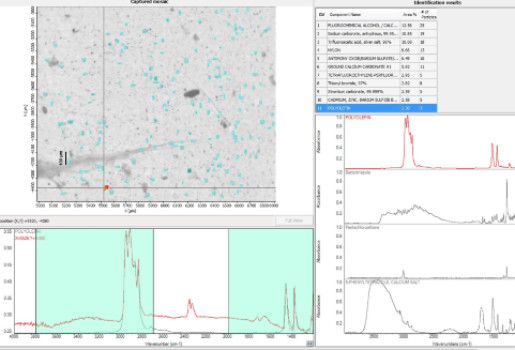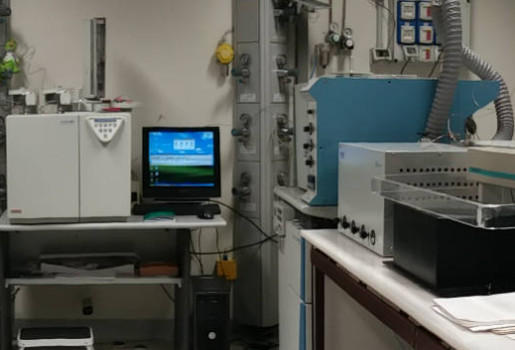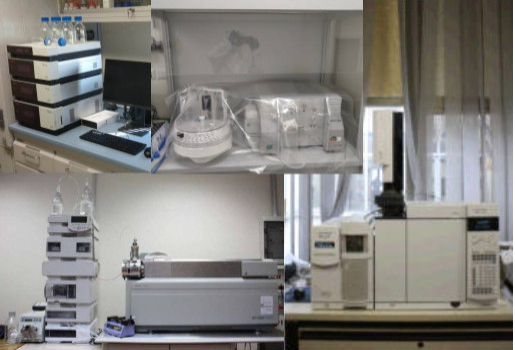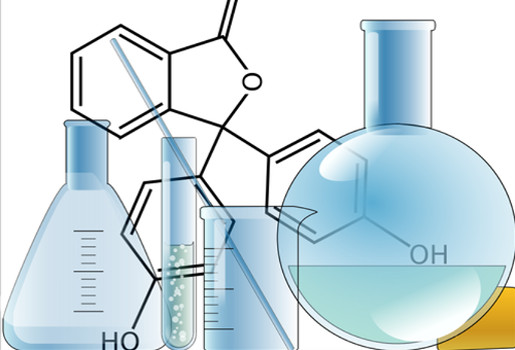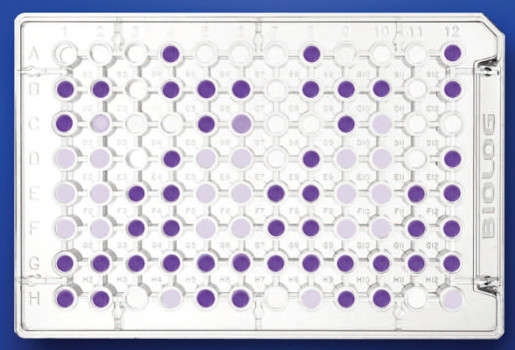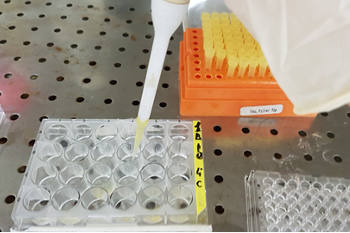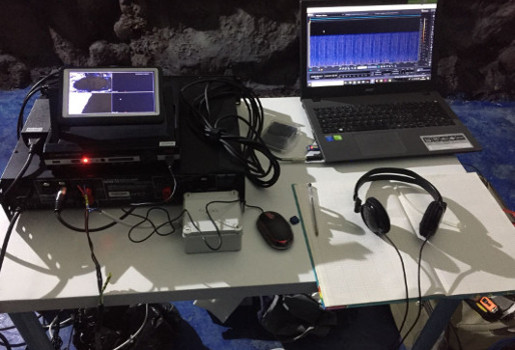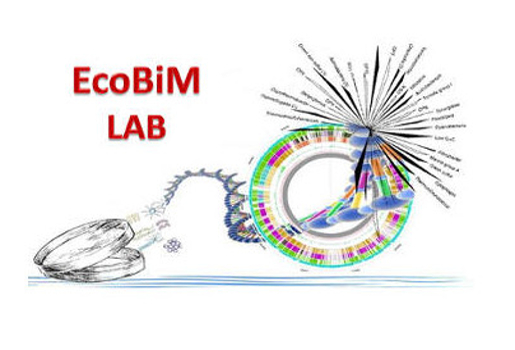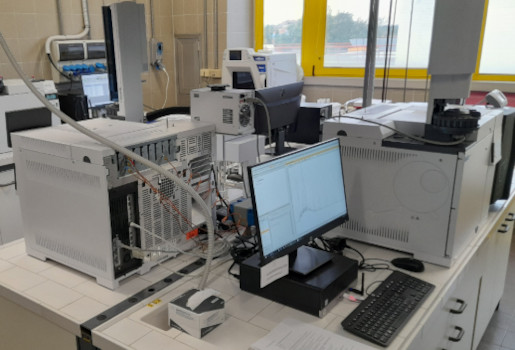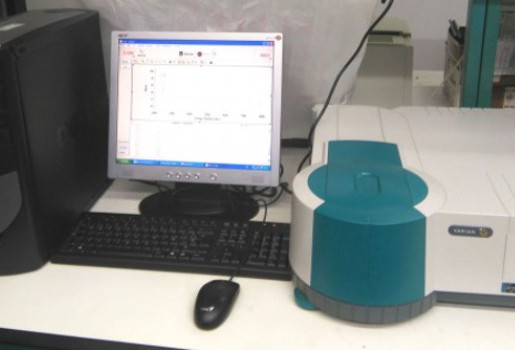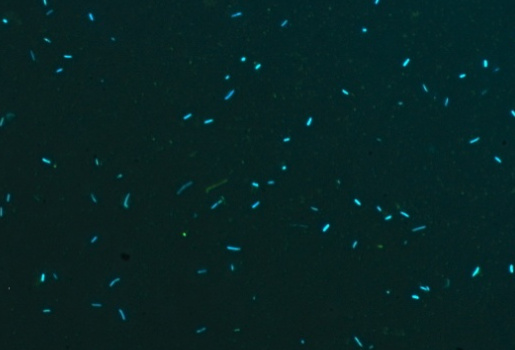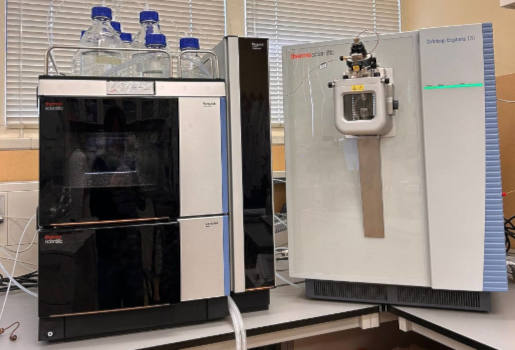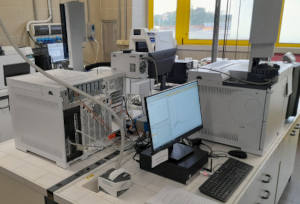 In the Organic Geochemistry Laboratory at the Institute of Polar Sciences in Bologna, researchers and students deal with modern processes and paleo reconstructions by coupling the information provided by fossil biomarkers and stable carbon and nitrogen isotopes. Biomarkers and stable isotopes are geochemical proxies used to investigate the feedback mechanisms between the Earth climate and the biogeochemical cycles. The laboratory is equipped with various instruments to extract, purify and analyze a suite of different biomarkers, including terrestrial compounds (e.g. lignin phenols, aliphatic chain lipids, cutin-derived products) to understand land-ocean carbon exchange (e.g. permafrost thawing, river floods, etc.), alkenones for paleo-temperature reconstructions and highly branched isoprenoids for sea ice reconstructions. In addition, the laboratory is equipped with a Preparative Fraction Collector (Agilent-Gerstel) for the collection of individual compounds. This technique is especially useful for the radiocarbon analysis of biomarkers and can be very useful to derive an age model for the sedimentary archives and to investigate the processes related to permafrost thawing.
In the Organic Geochemistry Laboratory at the Institute of Polar Sciences in Bologna, researchers and students deal with modern processes and paleo reconstructions by coupling the information provided by fossil biomarkers and stable carbon and nitrogen isotopes. Biomarkers and stable isotopes are geochemical proxies used to investigate the feedback mechanisms between the Earth climate and the biogeochemical cycles. The laboratory is equipped with various instruments to extract, purify and analyze a suite of different biomarkers, including terrestrial compounds (e.g. lignin phenols, aliphatic chain lipids, cutin-derived products) to understand land-ocean carbon exchange (e.g. permafrost thawing, river floods, etc.), alkenones for paleo-temperature reconstructions and highly branched isoprenoids for sea ice reconstructions. In addition, the laboratory is equipped with a Preparative Fraction Collector (Agilent-Gerstel) for the collection of individual compounds. This technique is especially useful for the radiocarbon analysis of biomarkers and can be very useful to derive an age model for the sedimentary archives and to investigate the processes related to permafrost thawing.
Facilities
The Organic Geochemistry Laboratory is equipped with several gas chromatographers and mass spectrometers for the analysis of carbon and nitrogen stable isotopes, measurement of carbon, hydrogen, nitrogen and sulphur content in organic matter and the extraction/quantification of organic biomarkers. The analytical facilities include:
- Thermo Fisher Scientific FLASH 2000 Element Analyzer coupled with a mass spectrometer DeltaQ (EA-IRMS)
- GC Agilent GC 7820-MSD EI 5977B
- GC Agilent 8860-FID G2790A
- GC Agilent 8890 equipped by a Gerstel Preparative Fraction Collector (PFC)
For more information: Dr Tommaso Tesi - tommaso.tesi AT cnr.it








